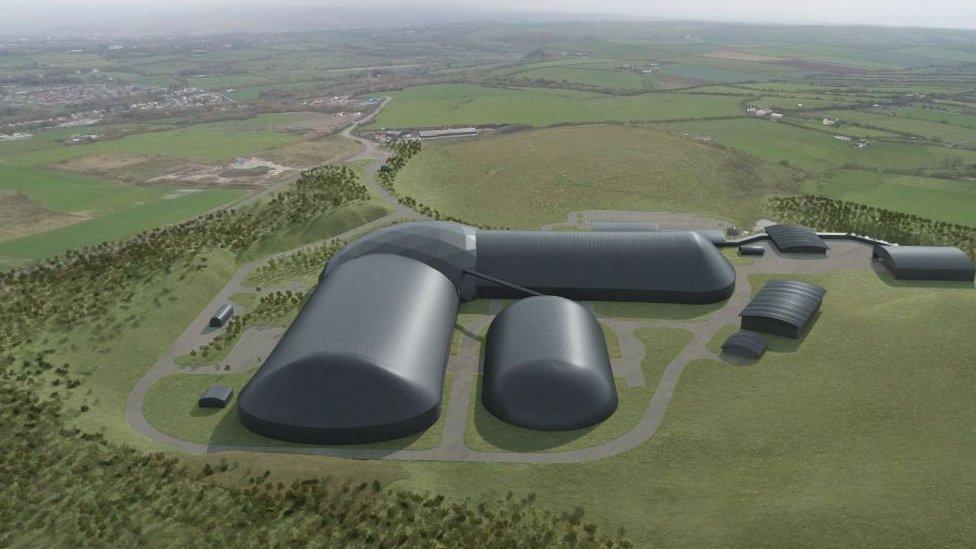New coal mine's business case 'is dead'
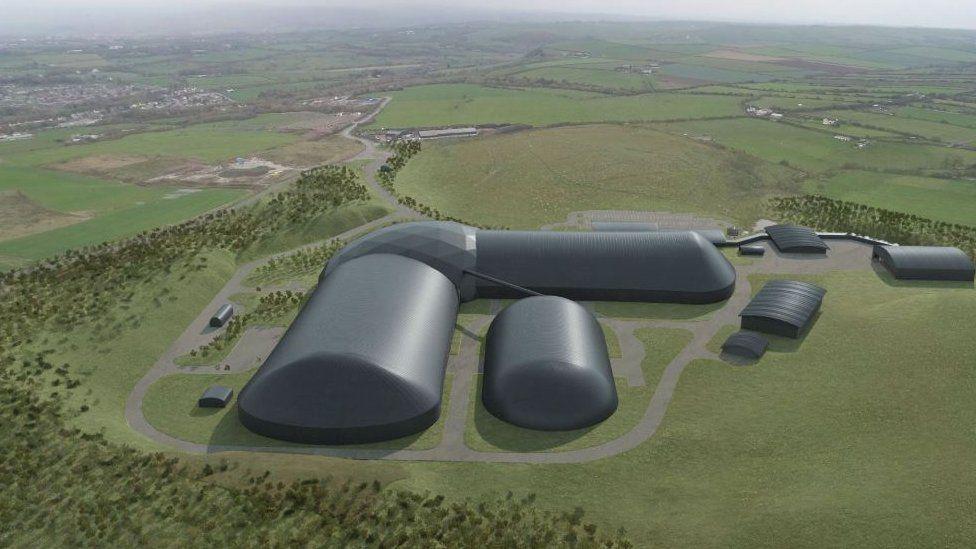
The mine's operators plan to dig until 2049
At a glance
Michael Gove gave permission for the mine near Whitehaven, West Cumbria, in December 2022
It was the first new coal mine to be approved in 30 years
Supporters welcomed promised jobs but critics argued it will undermine climate change targets
A legal challenge to the approval was rejected in April
- Published
The business case for the UK's first new deep coal mine for 30 years is "dead", a Cumbrian MP has said.
Westmorland and Lonsdale Liberal Democrat MP Tim Farron said the country's two largest steel manufacturers did not want the coking coal the mine near Whitehaven in West Cumbria would produce.
"And I obviously think that digging coal and other fossil fuels out of the ground to burn them in a climate emergency is just stupid," he said.
The Department for Levelling Up, Housing and Communities has been approached for comment.
The mine's operator, West Cumbria Mining, has said it would extract coking coal for steelmaking in the UK and Europe.
Most steel production involves heating coal to high temperatures and combining it with iron.
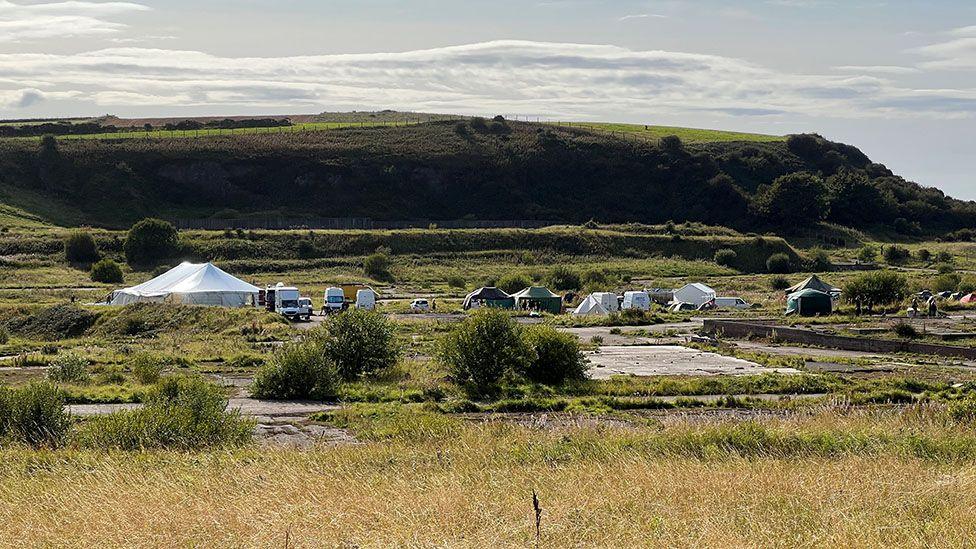
Environmental protesters occupied the proposed site in August
But steel manufacturers Tata and British Steel have said they plan to move to different, lower carbon, production methods.
"[They] are now on the record as saying that they're not in the market at all for coal from any future West Cumbrian coal mine," Mr Farron said.
"And that means that what we already suspected is kind of confirmed: the business case for the West Cumbria coal mine is dead."
Mr Farron said 100% of the coal would need to be exported to make the mine viable.
West Cumbria Mining has been approached for comment but previously said it would "assist the steel industry migration towards the government objective of a zero net carbon emissions target by 2050".
'Level of cruelty'
The company has permission to dig until 2049 and expects to create about 500 jobs.
Mr Farron said these would be short term because the mine's business case "didn't stack up".
He said there was "a level of cruelty" in the government's support for the mine, accusing it of giving false hope of jobs for political reasons.
"Why would you flog this if it wasn't for the fact that you think it's good to put on your leaflets against the other parties in Workington and Whitehaven and around?" he said.
He said the country should be investing in tidal and marine power in West Cumbria to provide long-term, well-paid, skilled jobs.
"Britain's got the highest tidal range on planet earth after Canada," he said.
"We're using nearly none of it.
"The West Cumbria coast - there you've got it. Use that tidal and marine energy, it's there to be tapped."
Follow BBC Cumbria on X (formerly Twitter), external, Facebook, external and Instagram, external. Send your story ideas to northeastandcumbria@bbc.co.uk.
Related topics
- Published31 August 2023
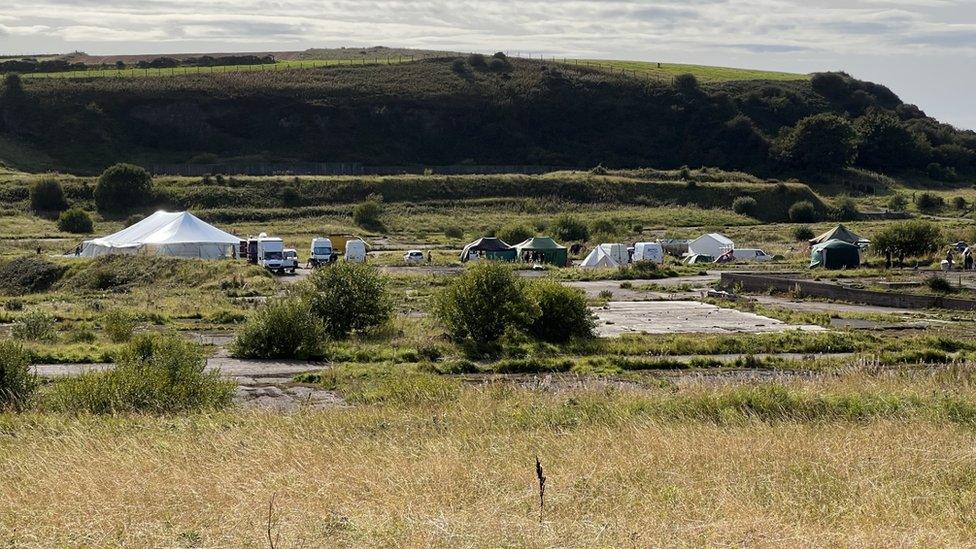
- Published15 May 2023
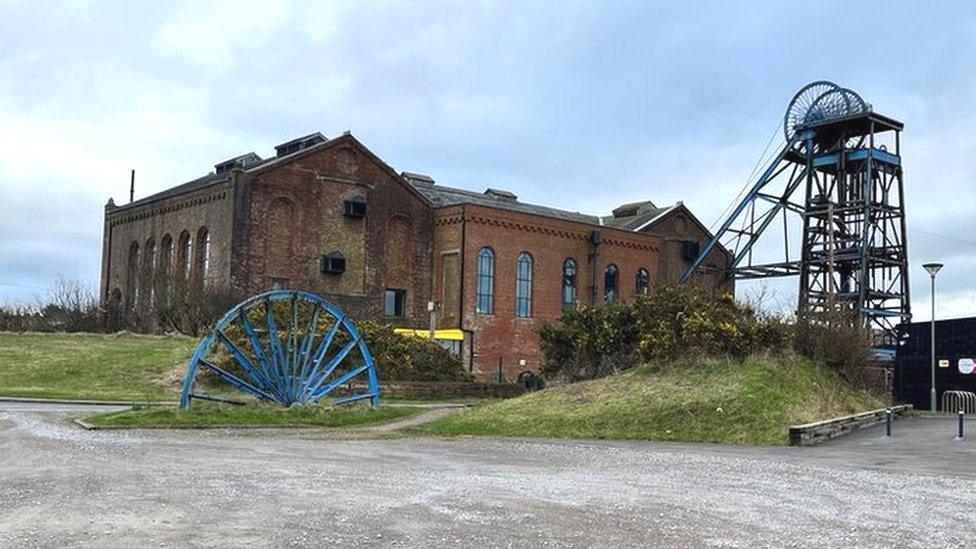
- Published12 April 2023
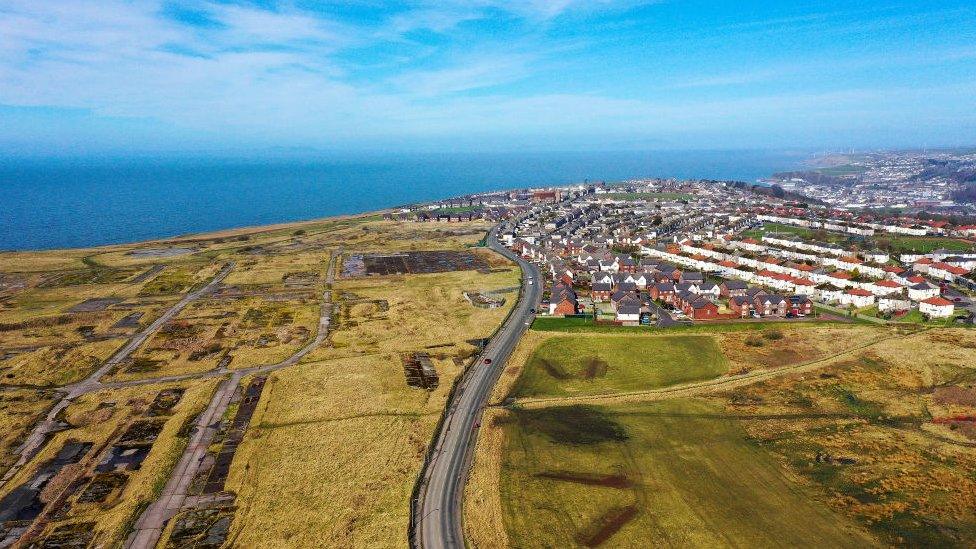
- Published8 December 2022
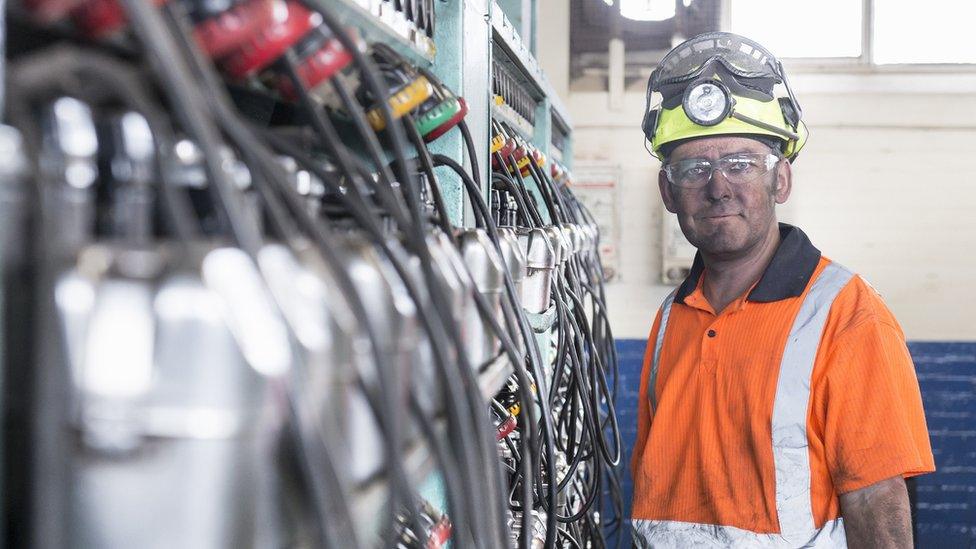
- Published7 December 2022

- Published7 December 2022
